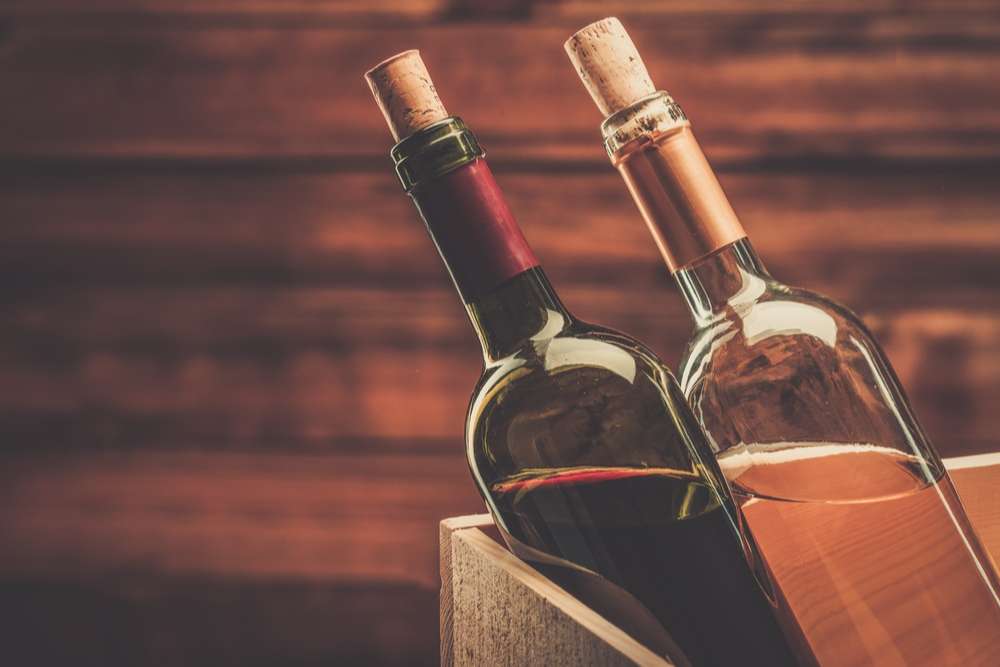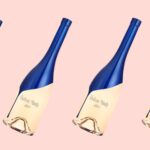Preserving an opened bottle of wine may seem complex, but with the right practices, you can preserve its flavors. This article guides you through bottle conservation, avoiding common mistakes and optimizing your wine management after uncorking.
Why is it important to keep an opened bottle?
1. Preserving aromas
Once opened, the wine comes into contact with oxygen, which can alter its flavors.
2. Avoid oxidation
Oxidation rapidly degrades the wine, altering its taste and texture.
3. Reduce waste
Learning how to store wine correctly means you can enjoy every drop without wasting any.
The basics of open-bottle storage

1. Close bottle quickly
After uncorking, recork the bottle with its original cork or a hermetic stopper.
2. Reduce air exposure
Air is the main enemy of open wine. Minimize air space in the bottle to slow down oxidation.
3. Maintain a constant temperature
A temperature of 12 to 18°C is appropriate for reds, and 6 to 10°C for whites.
The best ways to store an opened bottle of wine
1. Use a vacuum pump
This accessory removes air from the bottle, limiting oxidation and prolonging the life of the wine.
2. Choose an inert gas
Commercially available inert gas sprays replace oxygen in the bottle to protect the wine.
3. Keep the bottle refrigerated
Cold temperatures slow down chemical reactions. Even for red wines, place the bottle in a cool place after opening.
4. Transfer the wine into a small bottle
If possible, pour the remaining wine into a smaller container to reduce the amount of air in contact with the liquid.
Shelf life by wine type

1. Red wines
Red wines generally keep for 3 to 5 days after opening.
- Tips: Maintain a constant temperature and avoid heat sources.
2. White and rosé wines
These wines keep their freshness for 2 to 3 days in the refrigerator.
- Tips: Use an airtight cap to prevent outside odors.
3. Sparkling wines
Bubbles escape quickly after opening. Store for a day or two with a special champagne cork.
4. Sweet and syrupy wines
These sugar-rich wines can be kept for up to a week, thanks to their natural resistance to oxidation.
Common mistakes to avoid
1. Leave bottle at room temperature too long
Heat accelerates oxidation. Place the bottle in a cool place as soon as possible after opening.
2. Keep the bottle near a light source.
Light, especially direct light, alters the quality of wine by modifying its aromas.
3. Neglecting the cleanliness of accessories
A poorly cleaned cork or container can contaminate the wine and change its taste.
Wine management for enthusiasts
1. Invest in a wine cellar
A small wine cellar guarantees optimal conditions for both opened and unopened bottles.
2. Keep a register
Note the opening dates and the methods used to store your bottles.
3. Prioritize open bottles
Organize your cellar to give priority to bottles that have already been uncorked.
Indispensable accessories for bottle conservation
1. Hermetic caps
They prevent outside air and odors from entering the bottle.
2. Vacuum pumps
Efficient and easy to use, they extend the life of your wine.
3. Inert gas sprays
Practical tips for preserving the quality of red and white wines.
4. Small carafes or bottles
They reduce the amount of air in contact with the wine by using a container adapted to the remaining quantity.
Tips for enjoying an opened wine
1. Warm red wines gently
Take them out of the fridge an hour before serving to bring them back to their ideal temperature.
2. Check the condition of the wine before consumption
An oxidized wine gives off a vinegar-like odor or flat aromas.
3. Serve appropriate portions
If you don't plan to finish a bottle, serve smaller glasses to avoid waste.
Current trends in wine preservation
1. Technological innovations
Systems like Coravin allow wine to be served without removing the cork, preserving the bottle intact.
2. Eco-friendly materials
Storage accessories are turning to sustainable materials, such as reusable silicone caps.
3. Amateur training
More and more enthusiasts are attending workshops to learn best practices in wine management.
Conclusion: optimal preservation to prolong pleasure
Bottle storage after opening requires simple but essential gestures to preserve aromas and flavors. With the right accessories and rigorous wine management, you can enjoy every glass without compromise. Take care of your bottles, even after uncorking, so you can enjoy your passion for wine to the full.
If you enjoyed this article, you may also be interested in "Current trends in the fine wine market in 2024"!





